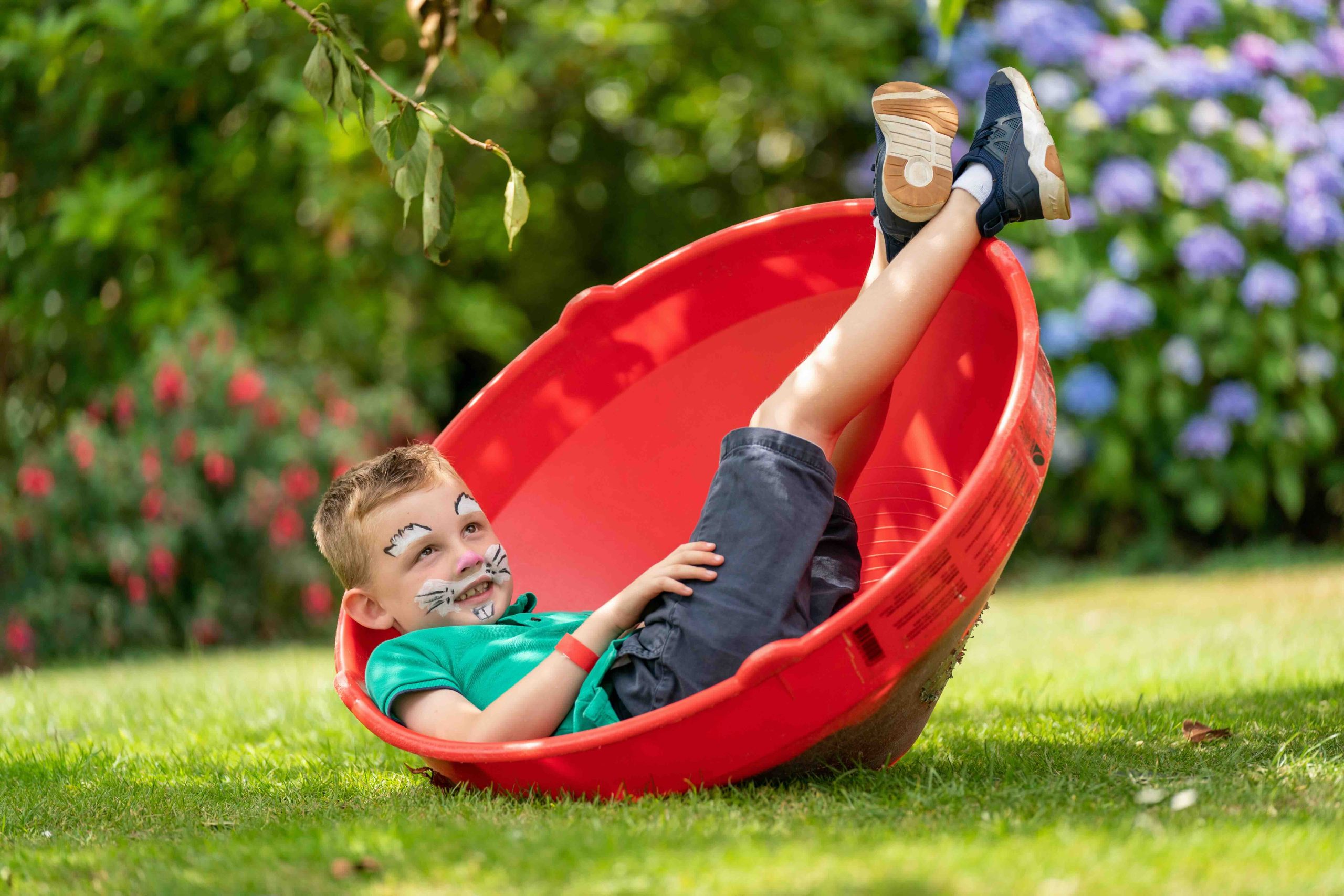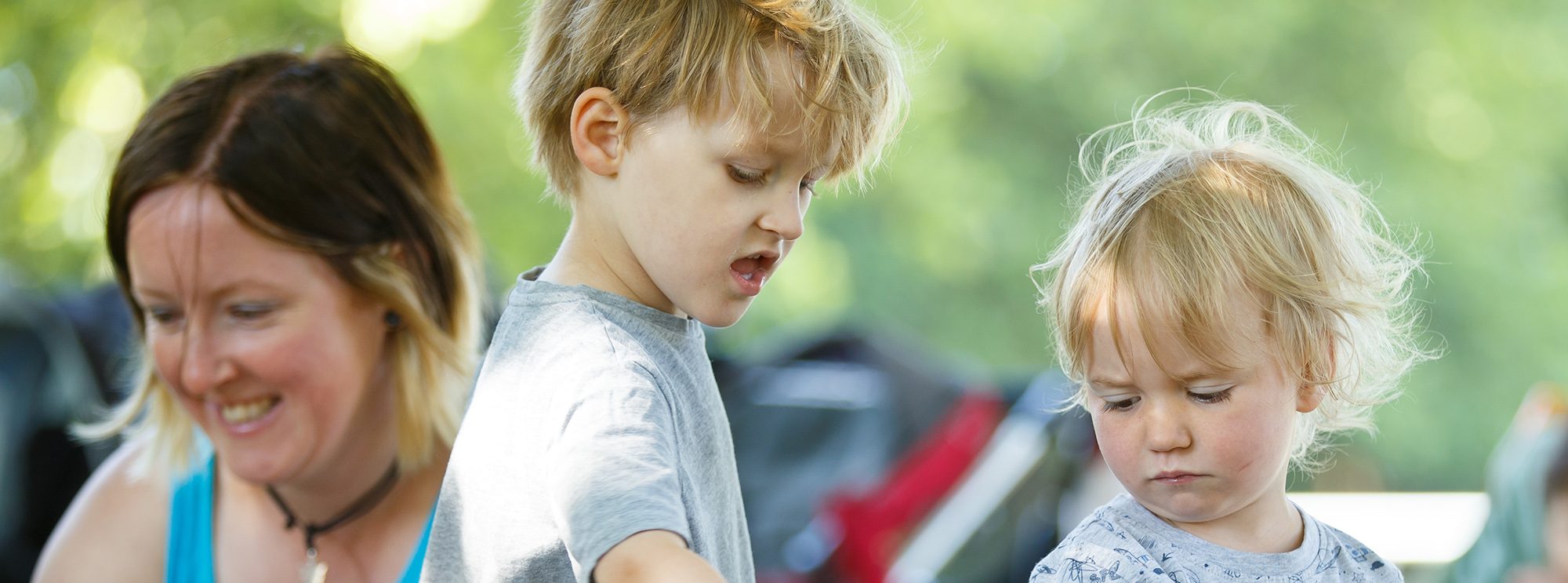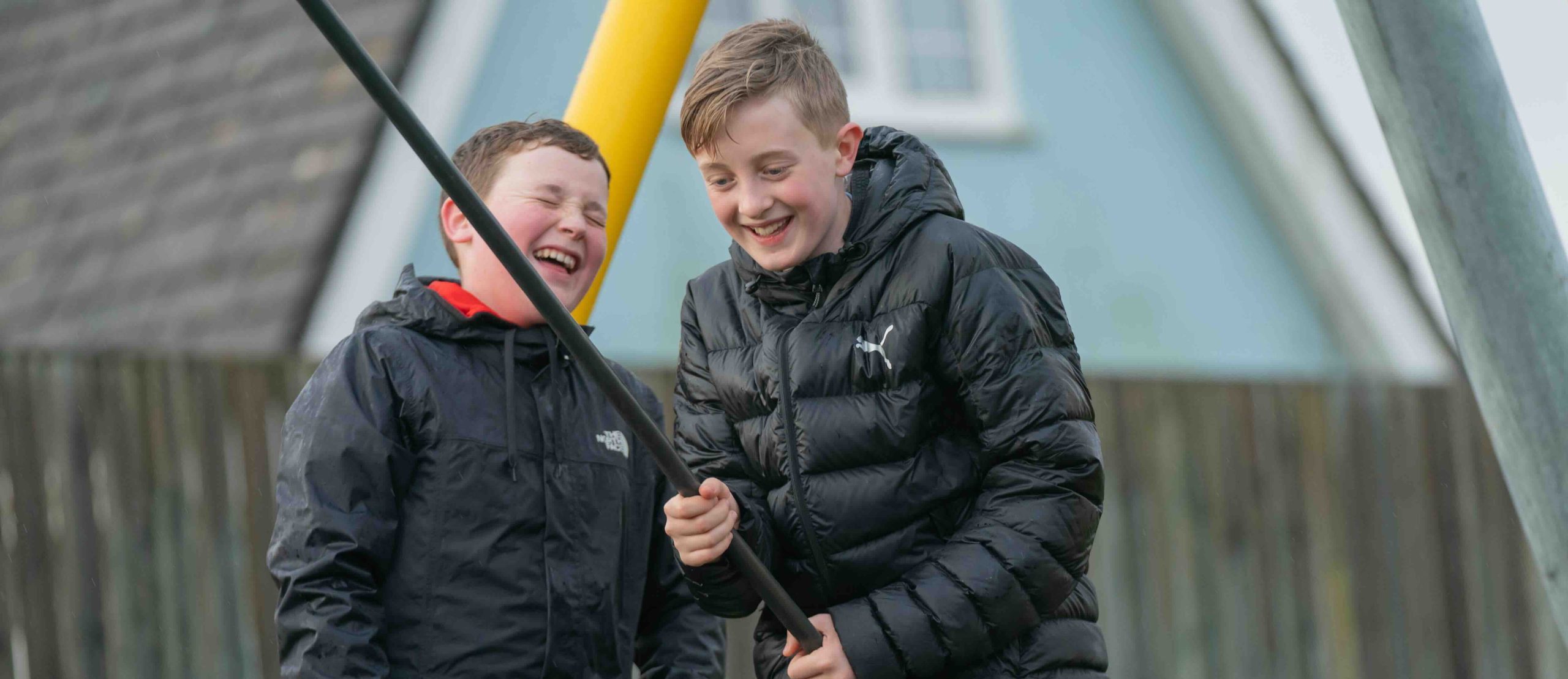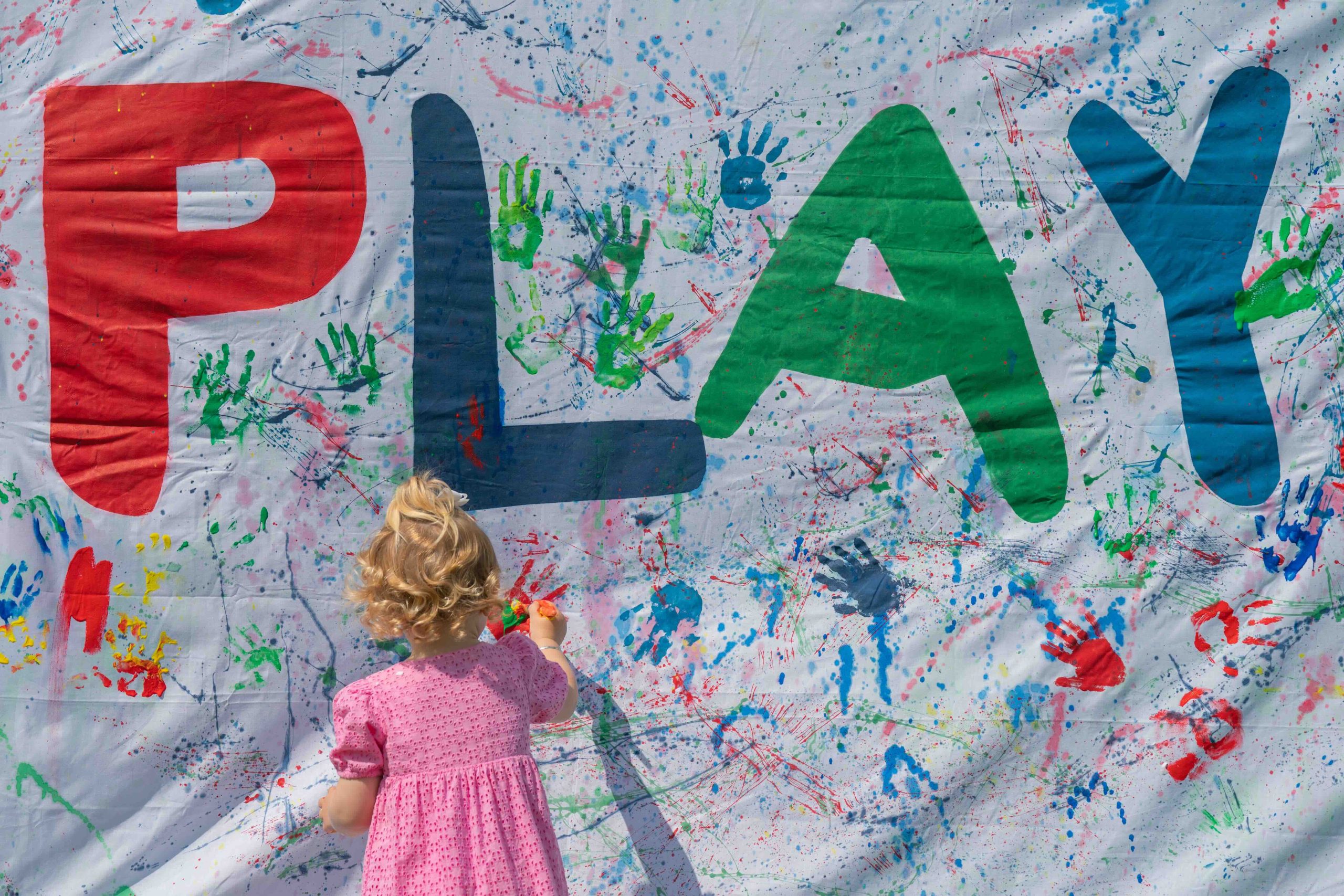All about play
Supporting children's wellbeing through play
Playing is the most natural and enjoyable way for children to keep well and be happy. It can contribute to improved wellbeing during times of stress, trauma and uncertainty. Playing is what children do whenever they have the chance. It is their way of supporting their own health and wellbeing.
A global pandemic, cost of living worries, climate emergencies, conflict and wars mean that many children have had to cope with new or different levels of uncertainty. Children will still need and want to play – it helps children manage their emotions and make sense of their situation.
During times of stress, trauma and uncertainty, playing:
- helps to give children a feeling of normality and joy during an experience of loss and isolation
- helps children to overcome emotional pain and regain control over their lives
- helps children make meaning of what has happened to them, and enable them to experience fun and enjoyment
- offers children an opportunity to explore their own creativity.
When they play, children express themselves. They often feel happy playing, having fun and letting off steam. Playing is also a way to understand feelings like frustration, annoyance, sadness and satisfaction.
Even if children may sometimes seem distressed, play is the healthy way for children to come to terms with news and it provides parents and carers with an insight as to how they are feeling.
To help parents to support play during times of stress we have pulled together a list of top tips.
Time
- If children are absorbed in play, it is okay to leave them to it. Try to resist the urge to start a specific activity or stepping in to help, unless you are asked to.
- Having time to watch children play can help you find out a bit about what they enjoy doing and give you a clue to how they may feel about the situation they are in.
- Try not to worry if children say they are bored, that’s okay. Many children have become used to their time being filled and the experience of boredom is unusual. But it’s a natural and important experience that we often see before a period of creativity.
- Make the most of your time outdoors by valuing play. As much as they will enjoy long walks and cycling, children get most of their physical activity from playing and doing things such as scooting, exploring, jumping and climbing on walls.
Space
- There are lots of things around the house that encourage imagination and creativity. Allow children to play with things like cardboard boxes, old sheets, pots and pans.
- Make a place to play – using items such as a cardboard box, sheets and cushions to build a small den – that allows children to be quiet and calm. This is a normal way for children to come to terms with what is happening in their lives.
- Try to allow for noisier and even destructive play. Children might want to play fight with their siblings, destroy something they have created, or hit things to make a noise. Acting like this helps them to vent frustration and understand what is happening.
Permission
- Remember that older children still need room and space to play too. They may be boisterous or might enjoy doing things they did when they were younger. This can give them a sense of security.
- Try to let children decide how and what they are playing. Some things may be hard or upsetting to watch, but fantasy play helps children to make sense of and work through difficult and distressing issues.
- Try not to stress too much if your children are playing alone. When playing alone, children begin to recognise their own emotions, feelings, and thoughts, as well as how to control them. They are also learning to feel comfortable with being by themselves and learn ways to manage their boredom on their own.
- Through playing children experience a range of emotions including frustration, determination, achievement, disappointment and confidence, and through practice, can learn how to manage these feelings.
- Focus on play ideas without rules or that don’t need a specific skill. These are fun for family members of all ages and will help pass the time in a playful way.
Download Top tips – Playing and wellbeing













